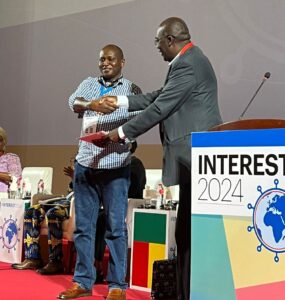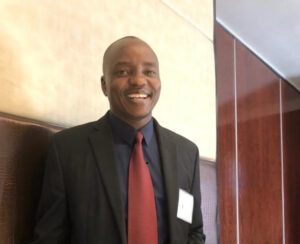AS CARTA @ 10 Scientific Conference draws near, we caught up with one of the presenters, Catherine Musyoka. Here, she shares her thoughts on Scientific Conferences and what a participant should look forward to.
How do Scientific Conferences help researchers to advance their work? And why do you think it is important to attend and present in one?
Scientific conferences give the presenter a platform to showcase and disseminate the findings from their research work and contribute to the research world in generating new findings or generating evidence in ongoing trends in the world. This way, they generate useful discussions with their peers as well as receive feedback regarding their work. Furthermore, in scientific conferences, scientists and researchers make connections with each other, thus creating opportunities for future partnerships and collaborations. Finally, presenters get opportunities to learn new things and get together with their colleagues and visit new places.
What do you hope to achieve from the CARTA @ 10 Scientific Conference?
During the CARTA @ 10 Scientific Conference, I hope to get a platform to disseminate my research work, which I believe have implications for the wider society. Furthermore, I look forward to learning from my peers what research they are doing in their various fields of study.
Why is it important for researchers to build connections and collaborate more?
Collaboration and connection between researchers are the backbone of the future and growth of scientific research. In the partnerships, new frontiers of multidisciplinary research are born; more so, these help to build the researchers’ career.
After the conference, what do you think the participants should do to maximize the benefit?
After the conference, the participants should follow up with their contacts through emails and keep in touch via social media platforms. This way, they will stay open to opportunities for possible future collaborations and networking.




